Health In Harmony (HIH) , 2023
Implementing partner: Alam Sehat Lestari (ASRI)
Published In: COP28 Prospectus of Climate-Health Solutions, 2023
Health In Harmony (HIH) , 2023
Implementing partner: Alam Sehat Lestari (ASRI)
Published In: COP28 Prospectus of Climate-Health Solutions, 2023
Indonesia’s old-growth rainforest ecosystems are at risk of irreversible human-caused degradation. Illegal logging and oil palm plantations fragment forests, causing animals and people to come into more frequent contact. This contact increases the risk of zoonotic diseases spreading into human populations and threatens indigenous forest-dwelling species with extinction. Forest fragmentation has also dried Indonesia’s soils, exacerbating the twin risks of wildfires and extreme flooding. Wildfires release stored carbon dioxide into the atmosphere and fill the air with smoke particulates, which have been linked to the growing prevalence of respiratory and cardiovascular disease in Southeast Asia. Restoring and maintaining tropical rainforest ecosystems is critical for preserving biodiversity and the good health of wildlife as well as humans.
In response to local health care needs and conservation implications, Health in Harmony (HIH) established a health clinic in rural West Kalimantan, Indonesian Borneo in 2007 in close collaboration with the district government and the national park management. The local community designed incentives for those seeking health services to exchange seedlings or manure used in agroforestry programs for discounted medical care. Further health care discounts were given to communities that reported reductions in illegal logging activity, as reported by local liaison officers who regularly monitored trails for logging. A program was also established to provide former loggers with alternative livelihood training, mentorship to start a new business and seed financing. These community members are now skilled agroforestry practitioners, livestock raisers, fishers, small business owners, and beekeepers.
For the project, HIH’s sister organization, Alam Sehat Lestari (ASRI), partnered with communities on the island of Borneo in Bukit Baka Bukit Raya (BBBR) and Gulung Palung (GP) National Parks to implement locally designed planetary health programs. The project involved close collaboration with Indigenous People and Local Communities through a Radical Listening methodology. Health In Harmony relied on the expertise of rainforest conservation local community members to identify the drivers of forest loss and co-design solutions. Following these sessions, ASRI began co-designing transdisciplinary solutions for human health and the stewardship of rainforest ecosystems with community members.
HIH invested $5.2 million into community-designed health care and environmental conservation solutions over the first ten years of operation in Indonesia. HIH relied on financial contributions from individuals, governments, corporations, foundations, and innovative financing strategies for the project.
Since 2007, ASRI’s partnerships with local communities have resulted in providing health services to 120,000 patients and conserving over 108,044 hectares of carbon-rich, biodiverse rainforest. The programs have reached approximately over 35,000 people around GP and over 3,000 people around BBBR national parks. During a 10-year observation period (2008-2018) in the targeted areas, patient data analyses showed significant declines in diagnosed cases of malaria, tuberculosis, childhood-cluster diseases, neglected tropical diseases (NTDs), chronic obstructive pulmonary disease (COPD), and diabetes. Notably, infant mortality decreased by 67%. Simultaneously, across the 21 participating communities, there was a 70% reduction in forest loss, averting $65.3 million worth of carbon released into the atmosphere. A 90% drop was reported in households that reported logging as their primary source of income.
Health In Harmony is currently exploring a partnership with the Indonesian Ministry of Health to expand the model to a variety of different conservation settings across the country. Similar replication sites are active in south-eastern Madagascar’s Manombo Special Reserve and the Brazilian Amazon.
Pragmatic solutions to address climate change require public and private entities to prioritize investment in Indigenous Peoples and Local Communities. Their knowledge and expertise in rainforest protection and planetary health are the reason for the success of these programmes. Investments in community-designed solutions are upheld by reciprocity agreements and deep, ongoing relationships with communities, all of which are rooted in the shared goal of planetary thriving.
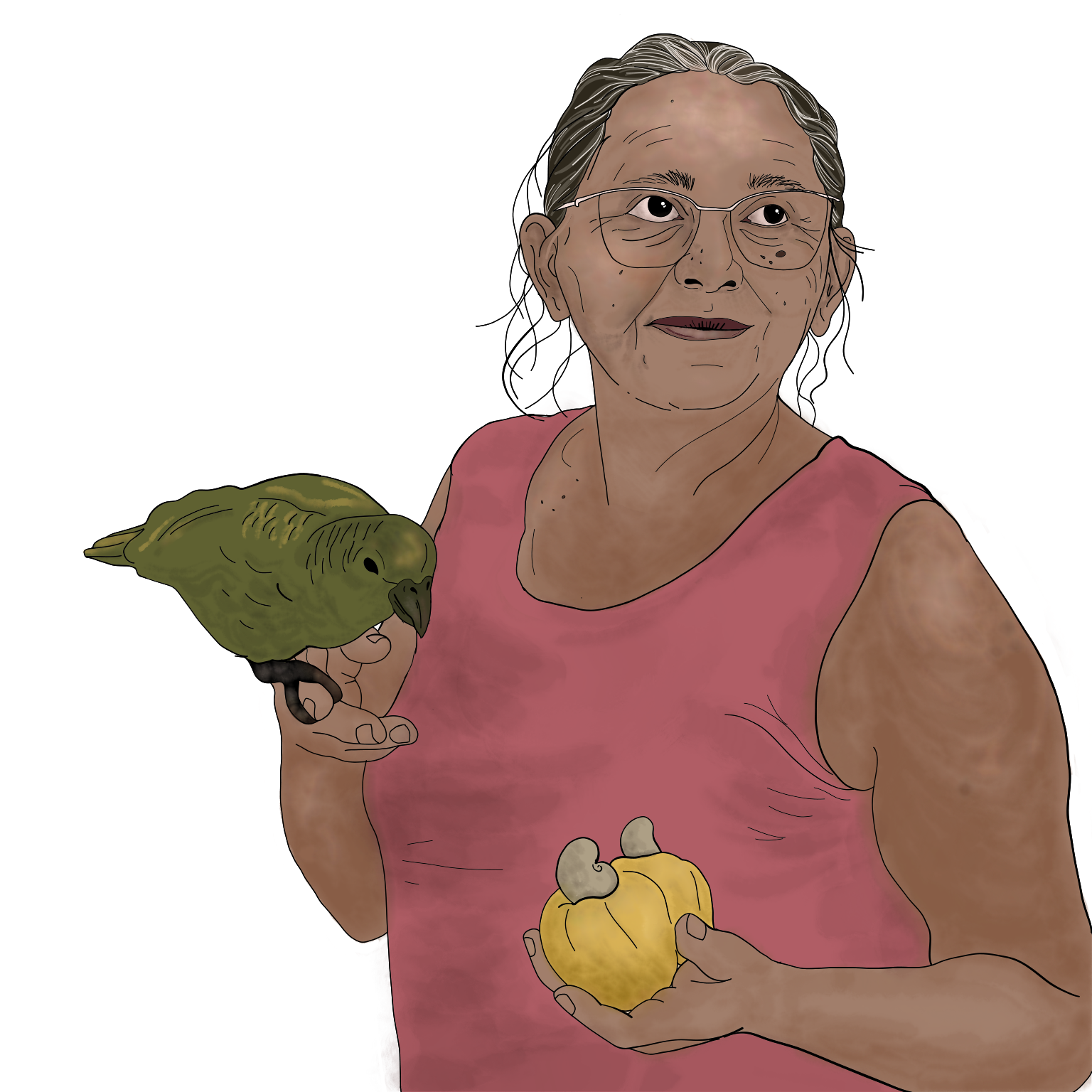
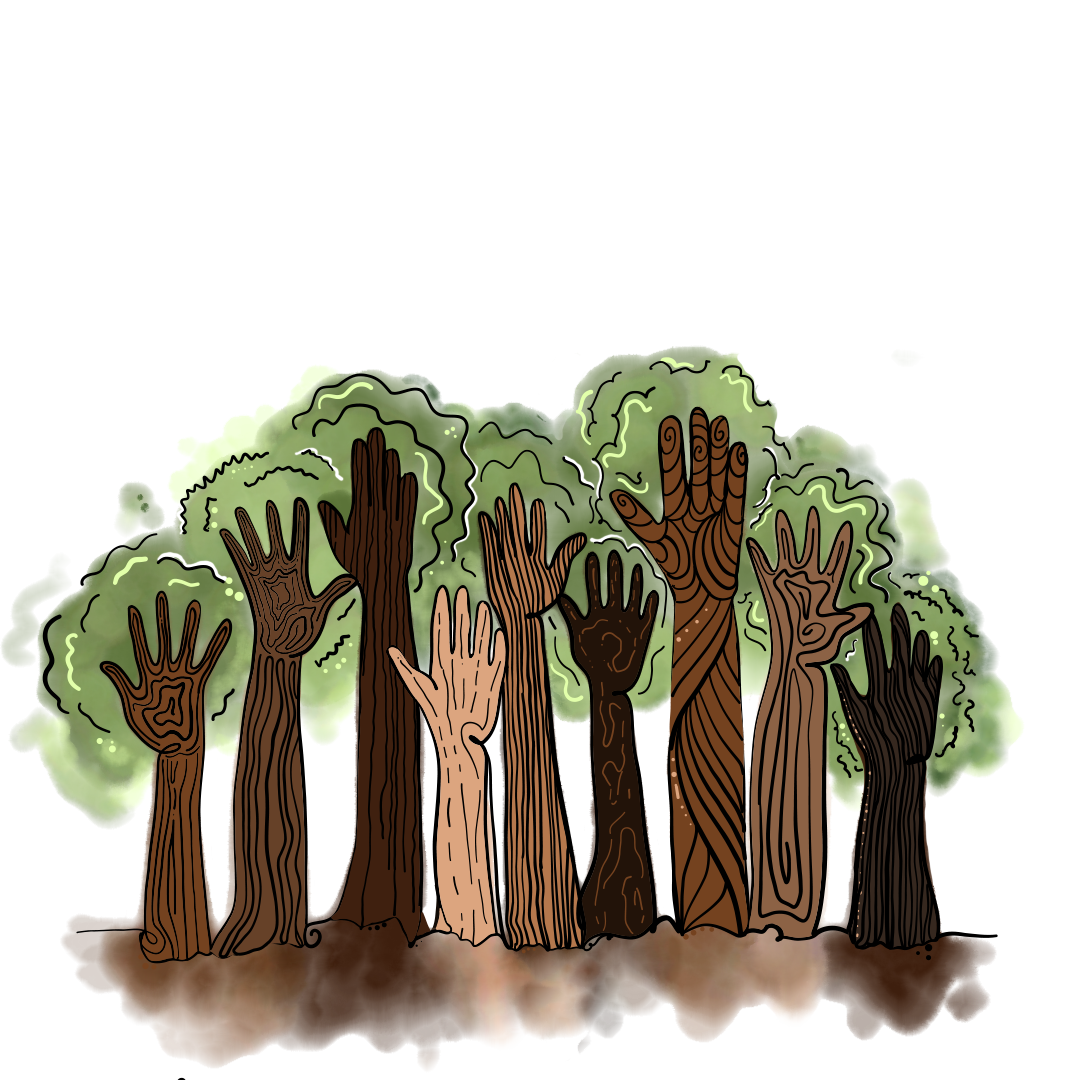
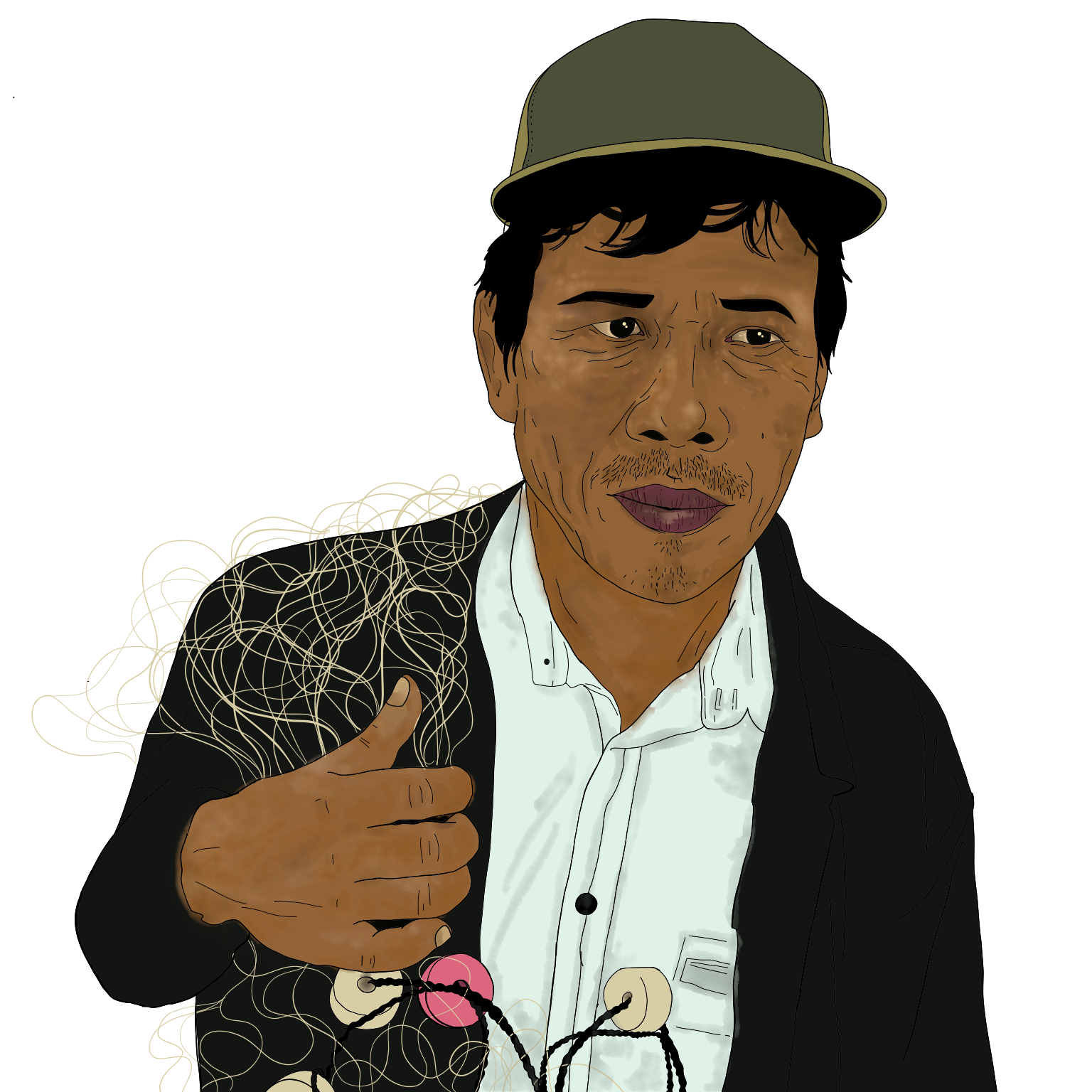
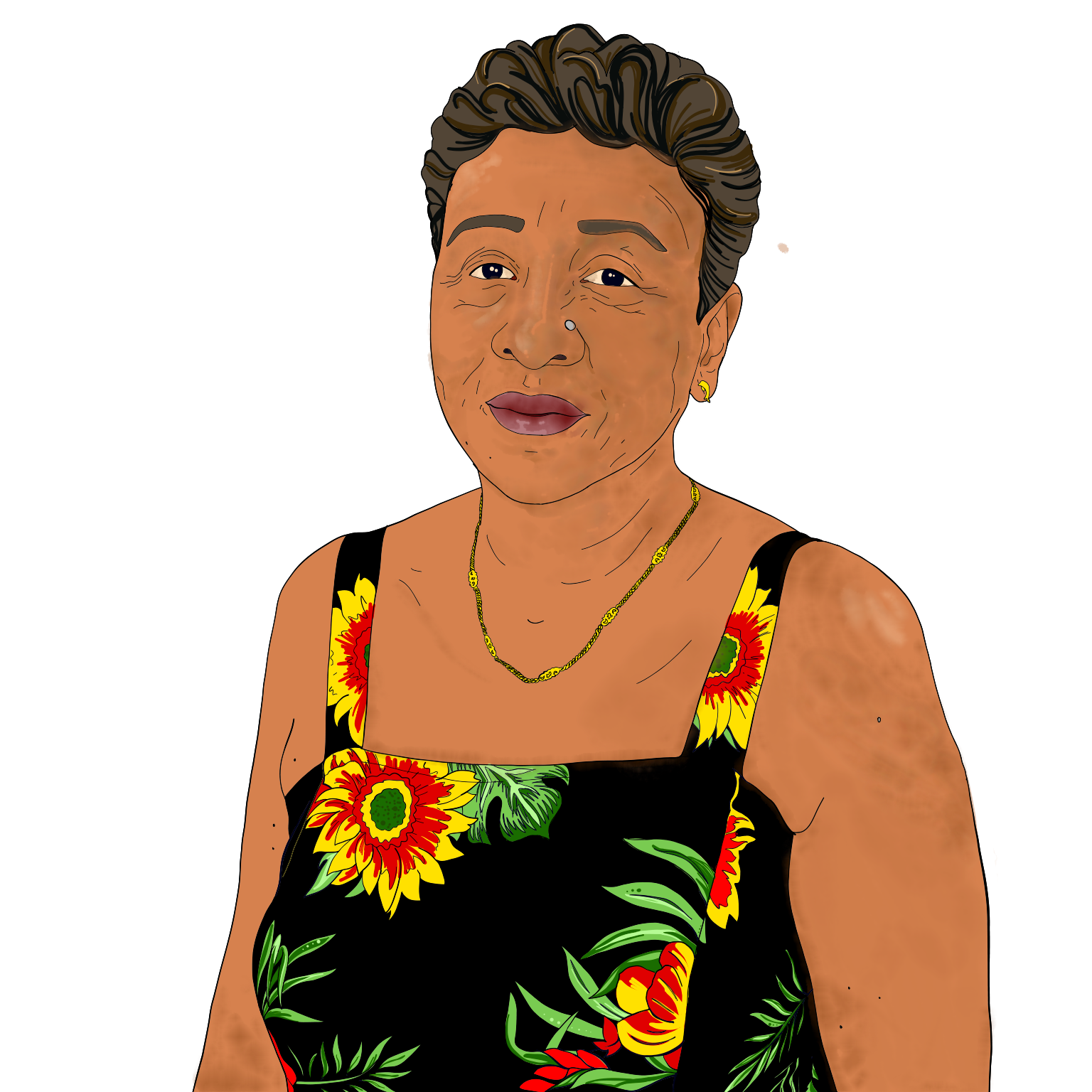




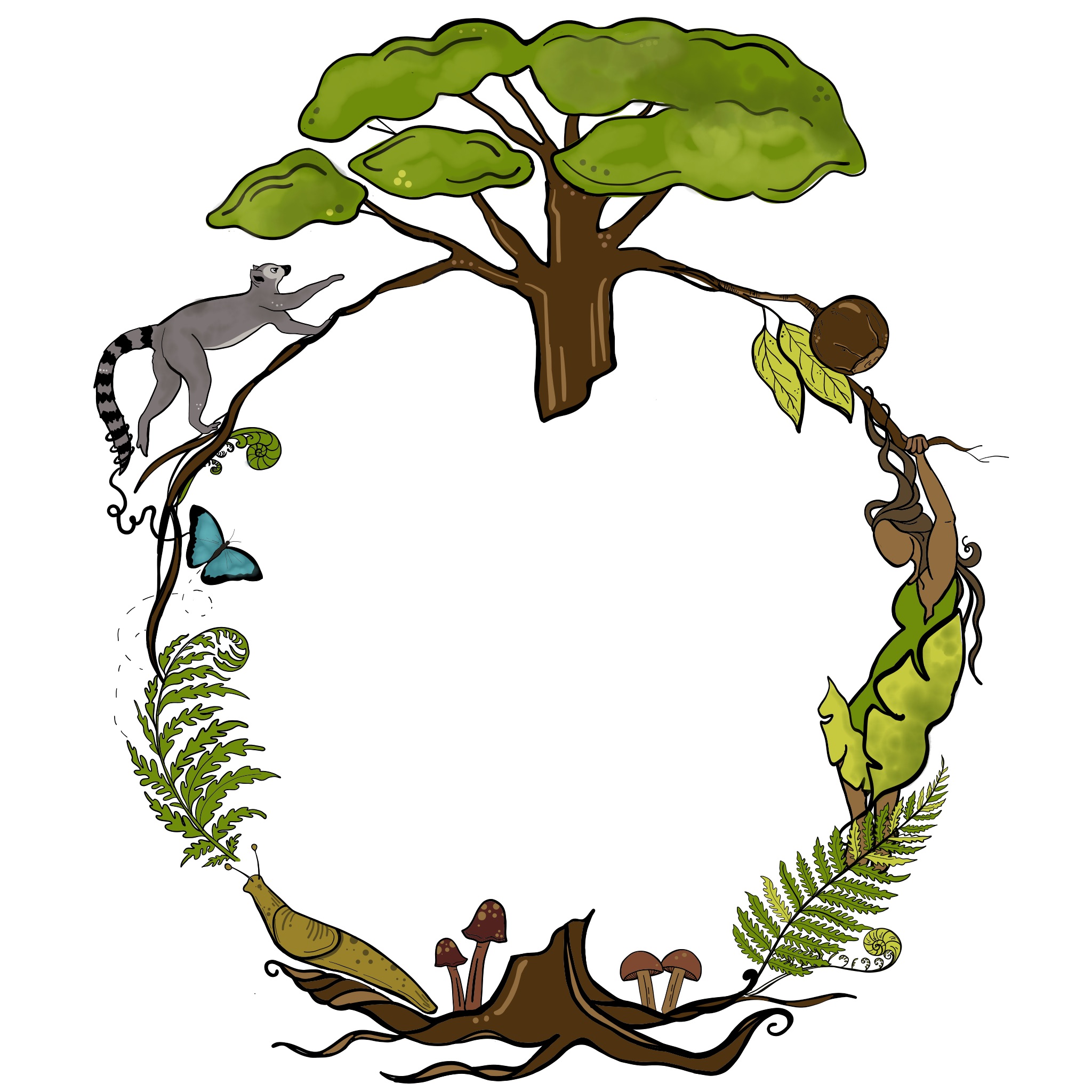
of